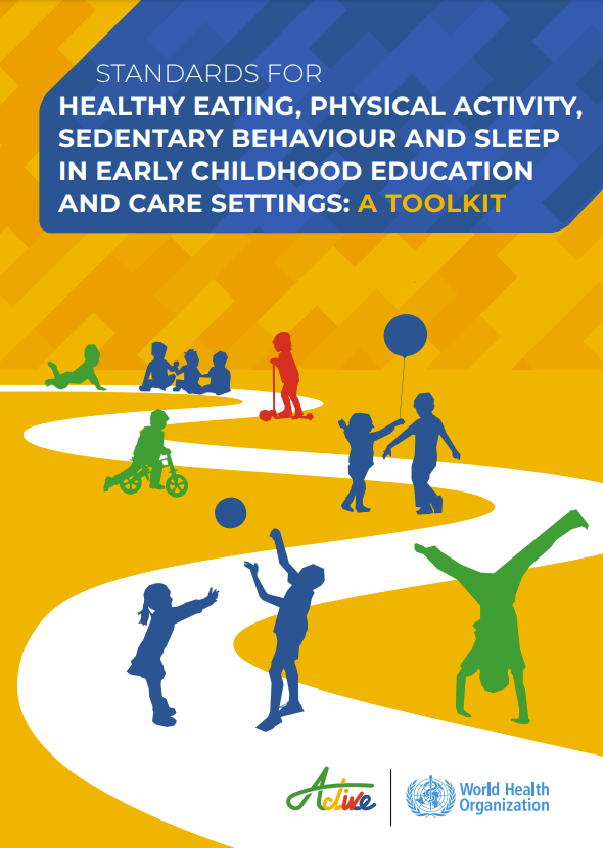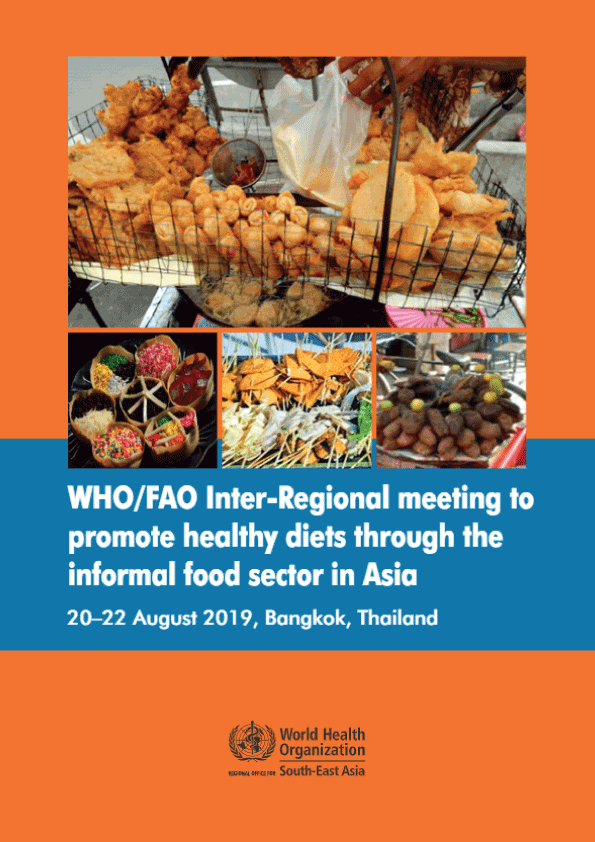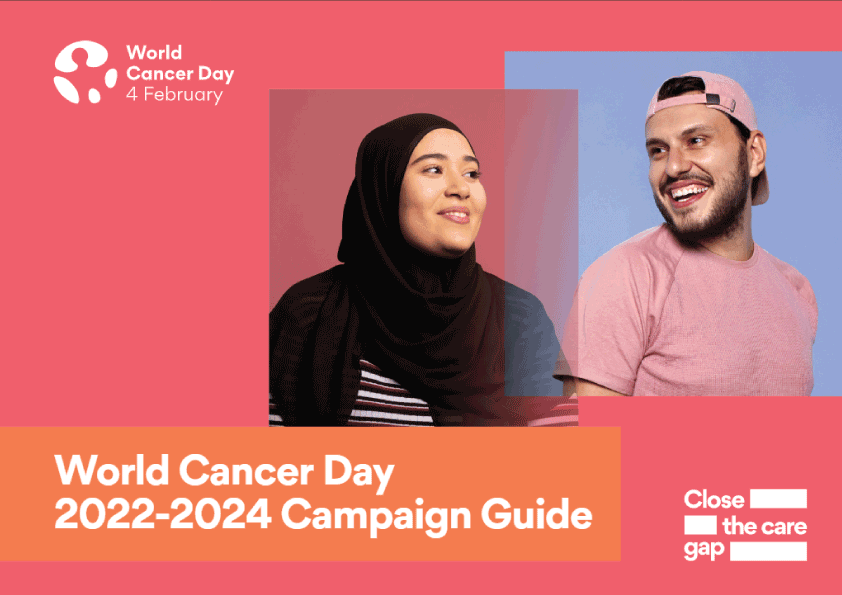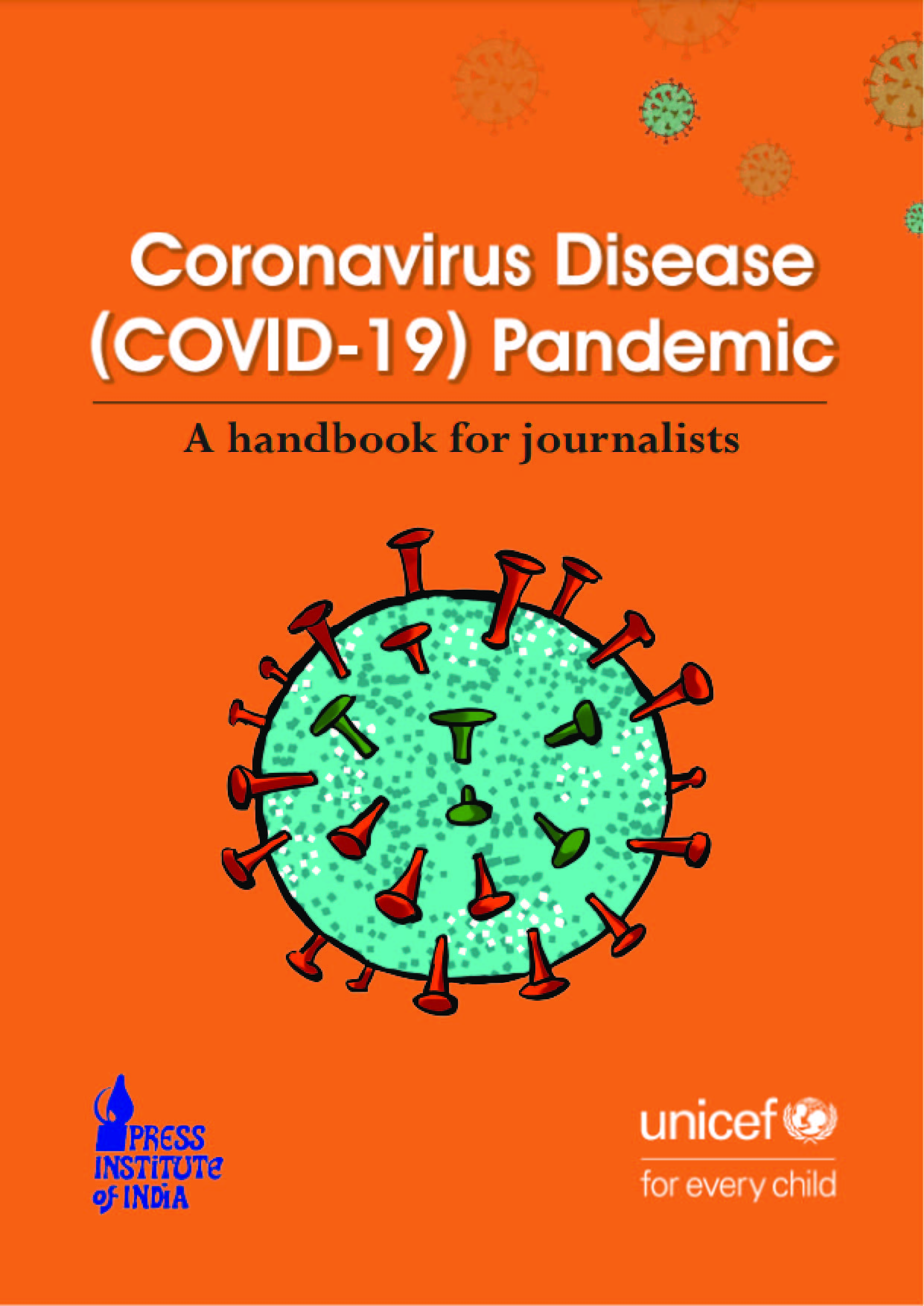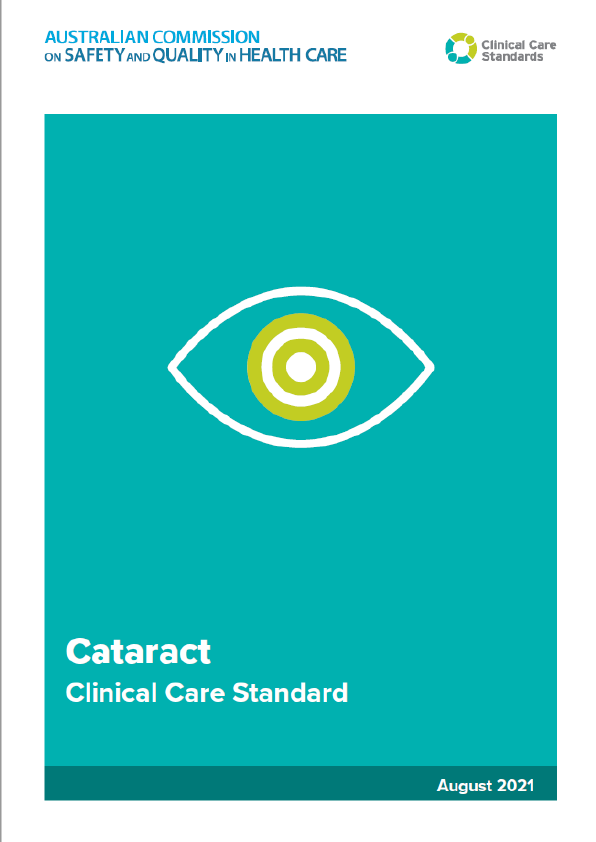These global standards will support early child education and care providers in providing healthy foods and beverages and ensuring young children are sufficiently physically active, avoid excess sedentary time and get enough sleep whilst attending childcare and education facilities. These standards will support the implementation of the WHO guidelines on physical activity, sedentary and sleep behaviours for children under 5 years of age. They are informed by a review of the evidence and current standards and best practices and focus on detailing standards that can be applied in low- and middle income, as well as for high income settings. The target audience will be academics/researchers, development agencies, health workers, NGOs and policy makers.
Physical activity is good for the heart, body and mind of people of all ages.
Regular physical activity can prevent noncommunicable diseases (NCDs) such as heart disease, cancers and diabetes (1), and can improve mental health, cognitive function and educational attainment (1). In young children, regular physical activity and active play are vital for healthy growth and development (2) and not only improves children’s fitness, health and well-being, but also their learning.
There are currently no global estimates of physical activity levels among young children. However, in most countries, the most socially disadvantaged groups (such as girls, children living with disability, and those of lower socioeconomic status) are often the least active. Knowledge, opportunity and social and cultural values, as well as environmental and economic conditions, determine how accessible, acceptable and safe it is for children to be physically active and to play.
However, it is not only physical activity that is beneficial for children’s mental, physical and emotional well-being; equally important are healthy eating and adequate sleep. Early childhood education and care (ECEC) settings have a unique opportunity to promote healthy eating, physical activity, and adequate sleep for young children that will help them develop healthy behaviours through their childhood and beyond. This aligns with the primary goal of ECEC: to support a child’s learning and development to their full potential, and the rights of children to play. The Nurturing Care Framework (3) calls for holistic care that encompasses child health and nutrition, provided in all settings where children socialize, play, learn and grow.
In addition, the Sustainable Development Goals have, at their core, the ambition to enable all people to participate fully in the social and economic opportunities available to them; not only to survive, but also to thrive and realize their rights to health, well-being, education and a sustainable society (4). An essential requisite for this is the protection of children’s rights to health, education and care so that they can grow and develop to their full potential (5).
In 2016 the Commission on Ending Childhood Obesity made specific recommendations for ECEC settings on physical activity (Recommendation 4.11); sedentary time and sleep for young children (Recommendation 4.12); the provision of healthy foods and beverages (Recommendation 4.9); and food education and understanding (Recommendation 4.10) (6).
While the Commission on Ending Childhood Obesity; the Global Action Plan on Physical Activity 2018–2030; and the ACTIVE technical package (7, 8) set global, normative recommendations and strategic direction, they do not provide implementation recommendations or standards for specific settings. This toolkit aims to help fill this gap. It is one of a series of toolkits created to support countries in developing and implementing effective policy actions to increase physical activity, and focuses on interventions that can be delivered through ECEC services.
